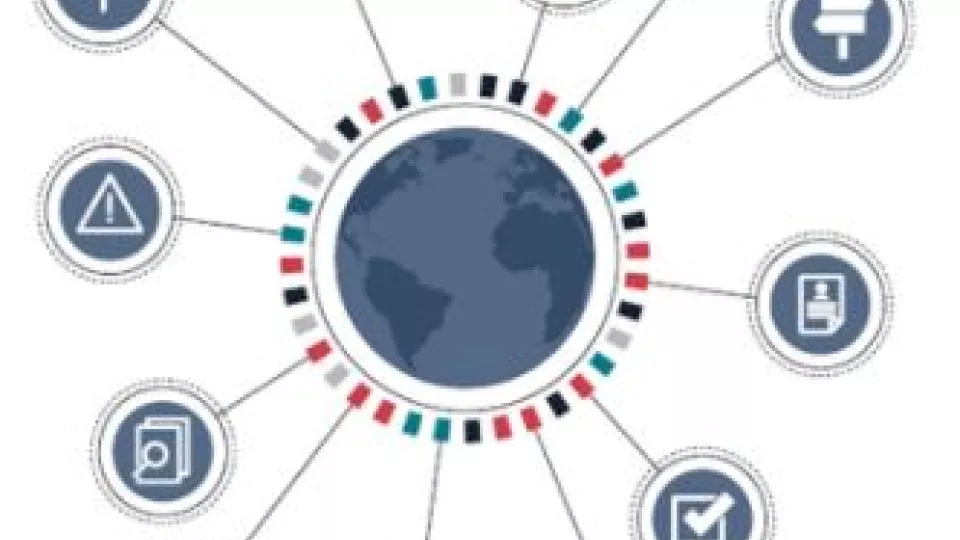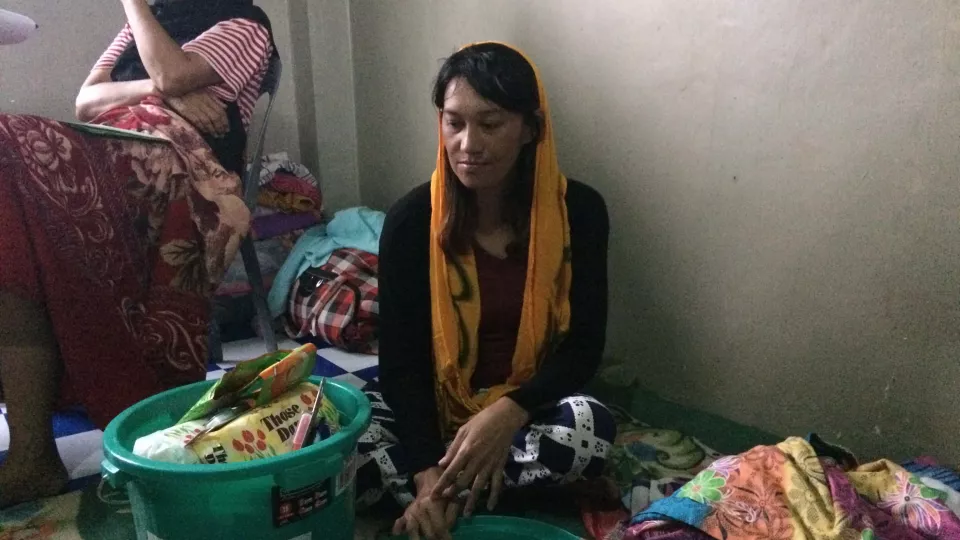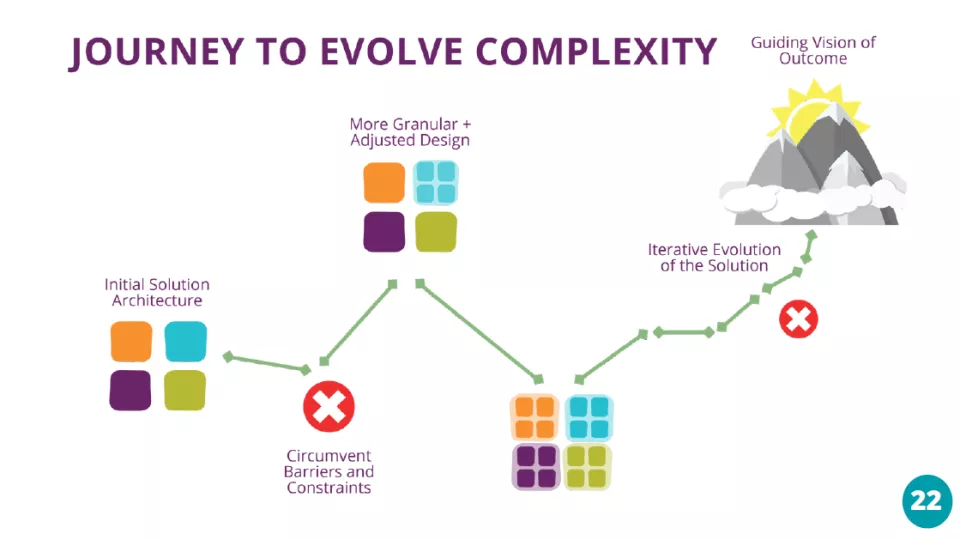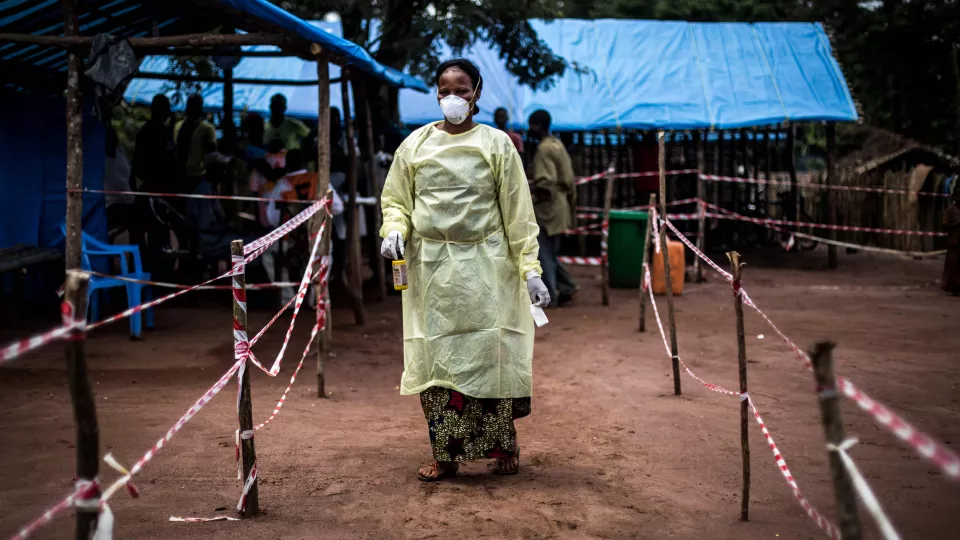Start Evolves Webinar: Value of Start at the national level
Through Start Evolves, the Start Network has put forward a vision for the future which we think is needed to tackle the humanitarian challenges of the 21st century. We believe the humanitarian sector needs to move to a model that enables more locally appropriate solutions, with funding and decision making held at the local level. Our aim is to create an international ‘network of networks’ with global infrastructure to enable a new way of working. National and regional hubs will be able to run their own programmes and their own funds, they will be globally connected and appropriate to their local contexts.






